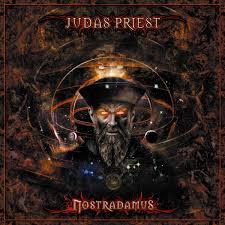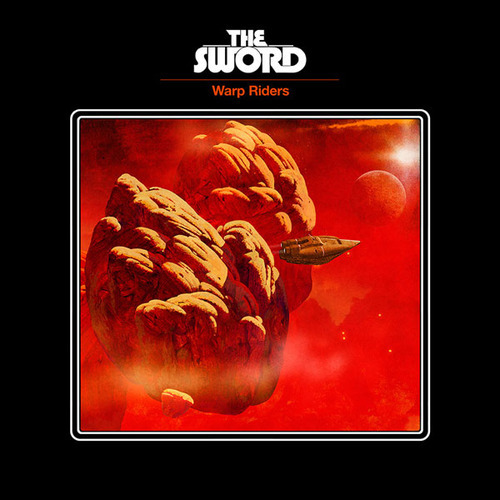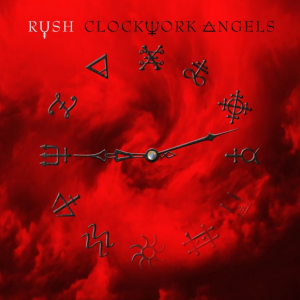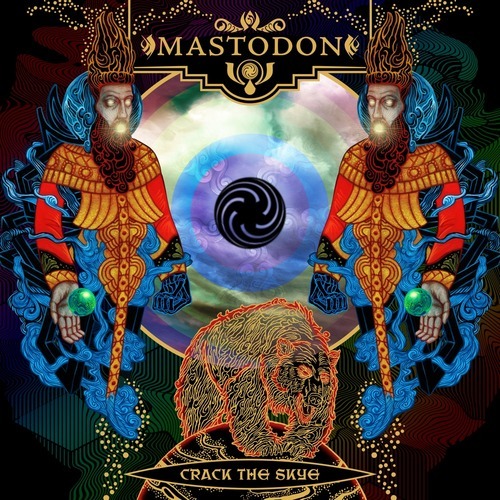For such a monumental album, I am going to need a monumental post. There are 26 songs on Pink Floyd’s “The Wall”, and unlike “Nostradamus”, I am going to go through each and every one and what it means to the story. This will not be the most difficult of tasks, determining the meaning behind the tracks, because there has already been a Wall movie released, telling the story of the album. So without further ado, The Wall!
In the Flesh?:The song opens with a soft, soft melody, and then randomly bursts into guitar, startling me every time. This song basically sets the scene for the movie: you hear the plane crash that killed the main character. Pink’s father, and set off the chain of events that led to The Wall being built and subsequently Pink’s isolation.
The Thin Ice:”Mommy loves her baby, and Daddy loves you too…” That is how the song begins, so we see here that early on in Pink’s life, his mother tries to overcompensate for the loss of his father, and that means smothering him with extra love, which we will see later in
Mother.The idea of thin ice is interesting. The song warns Pink not to be surprised when “a crack in the ice appears under your feet.” This could be reference to the instability of Pink’s mind, which could at any time come crashing down, weighing down the thin ice.
Another Brick In The Wall, Part 1:”Daddy’s flown across the ocean, leaving just a memory…” With these lines, it becomes pretty clear to us that. Pink’s father fought in what seems to be WWII, and he later in the song questions his father, angrilly, saying “Daddy, what’d ya leave behind for me?” He concludes by stating that “All in all it was just a brick in the wall”. This shows us that the first half of this album consists of Pink building up this wall of total isolation from humanity, and this is one of the bricks.
The Happiest Days of Our Lives: This song title to me appears sarcastic, saying that school years were supposed to be the happiest days of children’s lives but for the reasons specified were not for Pink and his classmates, because “there were certain teachers who would hurt the children any way they could, by pouring their derision upon anything we did, exposing every weakness however carefully hidden by the kids.” He does take pleasure in the fact that “when they got home at night their fat and psychopathic wives would thrash them within inches of their lives!”
Another Brick In The Wall, Part 2: This song basically continue the theme of the previous, and states that this too was another brick in the wall.
Mother: This is one of my favorite songs on the first half of the album, and it consists of Pink asking questions to his mother and his mother responding later on in the song. She is visibly overprotective and harmful to Pink, stating that she “won’t let you fly, but she might let you sing.” She doesn’t want Pink to end up killed in the war like his father. She also states “of course mommy’s gonna help build the wall” but at the end of the song Pink asks “mother did it it need to be so high…?” This shows that his overprotective mother was multiple bricks in the wall.
Goodbye Blue Sky: "Look mommy, there’s an airplane up in the sky!" Could this be another airplane crash reference and one to Pink’s dad? Maybe. But this song is basically saying goodbye to Pink’s innocence, and that is the main point. Enter Empty Spaces.
Empty Spaces:"How will I complete the wall?" There is still, at this point, at least one more brick to put in the wall. how will Pink fill the spaces, he wonders?
Young Lust:Pink goes out looking for women, dirty, naughty women, to be exact. He finds one in one of his groupies., which he brings to his home in the UK while his wife, as heard in the end, continues to try and call him collect from America, a call which he keeps hanging up on. “This is the United States calling, are we reaching?… See he keeps hanging up!”
One of My Turns:One of My Turns is essentially the breaking point for Pink. He lashes out at this woman and presumably hits her (hinting that he also hits his own wife) and freaks out and screams at her until she runs away.
Don’t Leave Me Now:Pink is distraught that this woman is running away from him, but I believe it also represents him getting caught having these affairs and his wife leaves him (“remember the flowers I sent?” why would he send flowers to a groupie?) So his life falls down around him, and he loses it.
Another Brick in the Wall, Part 3:This is the last straw for Pink, as he exclaims, “I don’t need no arms around me, and I don’t need no drugs to calm me, I have seen the writing on the wall.” He has filled up his wall.
Goodbye Cruel World:Pink is leaving the world as he knows it. He isn’t committing physical suicide as the title might suggest, rather he is committing what I will call social suicide, in which he completely isolates himself from the rest of the world. The way the song ends, we can almost imagine him literally placing the last brick into the wall as the sounds go silent and it’s done, The Wall is complete.




